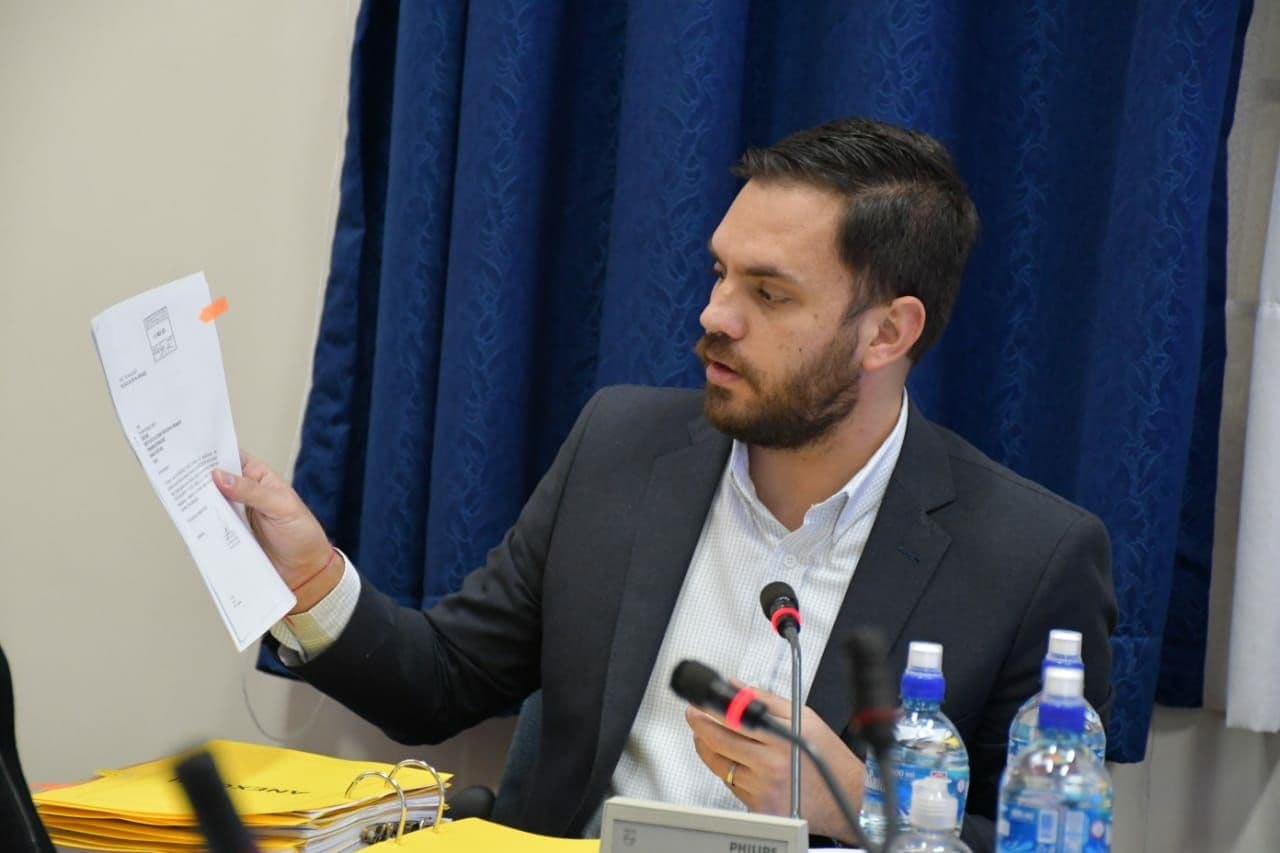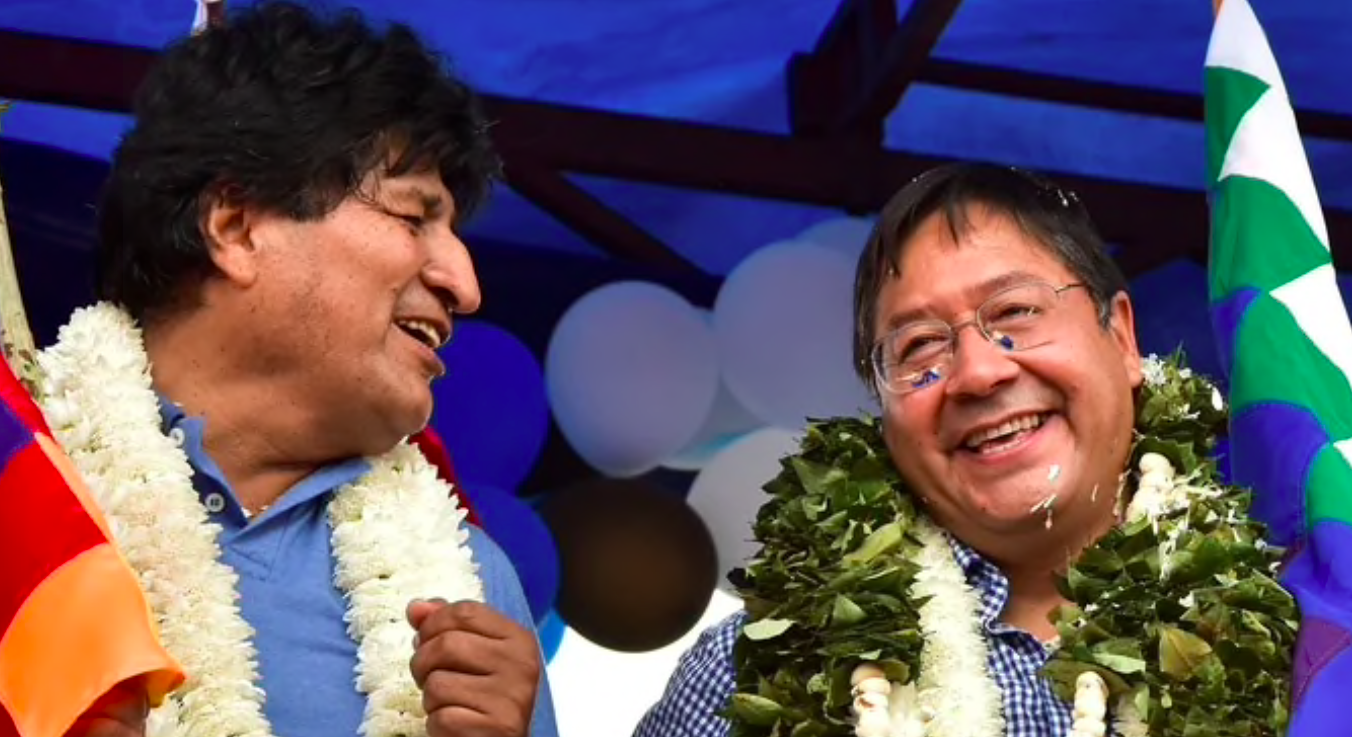The government minister, Eduardo del Castillo, said that he is preparing a strategy to stop the entry of Brazilian drug cartels into Bolivian territory, although, according to Brazilian media, it is already too late.
The newspaper O Globo reported that Gilberto Aparecido dos Santos, known as Fuminho, capo of the First Capital Command (PCC), lives and operates in Bolivia and O Estado de São Paulo said that the São Paulo drug cartel owns coca crops and drug factories in Bolivian territory.
Minister Del Castillo’s alarm came after a group of drug traffickers murdered a policeman on the border with Brazil, in the Noel Kempff National Park, where a cocaine hydrochloride factory operated.

The next day, two people were riddled with bullets in the nearby border town of San Matías, Bolivia’s “Ciudad Juárez”, due to the number of bloody events that take place, always with the participation of Brazilians.
The minister said in this regard: “It is a border area, they are foreign citizens who come to commit crimes within the national territory. We see how Brazil has criminal organizations that try to settle in national territory. The Bolivian Police is drawing up a contingency plan to avoid this.”
President Luis Arce is uncomfortable because all this is happening when the former minister (of Evo Morales) Carlos Romero denounces that the assaults on private and fiscal lands in Santa Cruz are directly related to drug trafficking, and that the current government is complicit in that plan.
In reality, Romero’s denunciation also affects Morales, who manages the land seizure as part of his intention to expand coca plantations.
According to the weekly Siglo 21, the former minister’s complaint reveals that he is a new candidate for the leadership of MAS, a party that is now divided between the followers of Arce and those of Morales, with irreconcilable positions. The chances of the MAS to win elections in the future depends exclusively on its ability to maintain the fraud system created by Evo Morales.
El País in Madrid reported that the PCC is the “brotherhood of criminals”, which has 35,000 “brothers” and is managed by its own “criminal code” that governs fourteen states in Brazil, Bolivia and Paraguay, as well as other South American countries.
The captive head of the PCC, Marcos Williams Herbas Camacho, “Marcola“, the son of Bolivians, is imprisoned in a high security prison in São Paulo, where he must serve a sentence of 234 years in prison.
Marcola boasts of having read 3,000 books in jail and now recommends his children not to follow in his footsteps.

The advances of “cocaleros” and the power of drug trafficking, which has entered politics, afflict Bolivians, like all societies tormented by the most prosperous industry in the region.
In 2006, Brazilian novelist Arnaldo Jabor fabricated an interview with him, which caused panic until it was discovered to be false.
The words that Jabor attributed to Marcola are the synthesis of the nightmare that represents the power of drug trafficking in these societies:
– “Now we are rich with the drug multinational, and you are dying of fear. We are the late beginning of your social conscience. See? I am cultured. I read Dante in prison.
But the solution would be…
– Solution? There is no solution, brother. The very idea of “solution” is already a mistake. Have you seen the size of the 560 slums in Rio?
Aren’t you afraid of dying?
– You are the ones who are afraid of dying, I am not. Rather, here, in jail, you can’t come in and kill me, but I can have you killed out there.”
In addition to the PCC, from Brazil the Terceiro Comando da Capital, the Comando Vermelho and other cartels that want to be the new “bandeirantes” are struggling to operate in Bolivia.
The Brazilian, Colombian, Peruvian and Mexican mafias that operate in Bolivia are partners with Morales’ cocaleros.
Bolivian cocaleros are organized into “unions”, although they do not have bosses and are independent producers, but they have been co-opted by the political organization that Morales controls in the Chapare.
Laws are not complied with there, not even on private property, because the “unions” decide the land or property to be sold or bought.
The advance of the cocaleros throughout the territory is the the nightmare of the Bolivians.
With information from EFE

